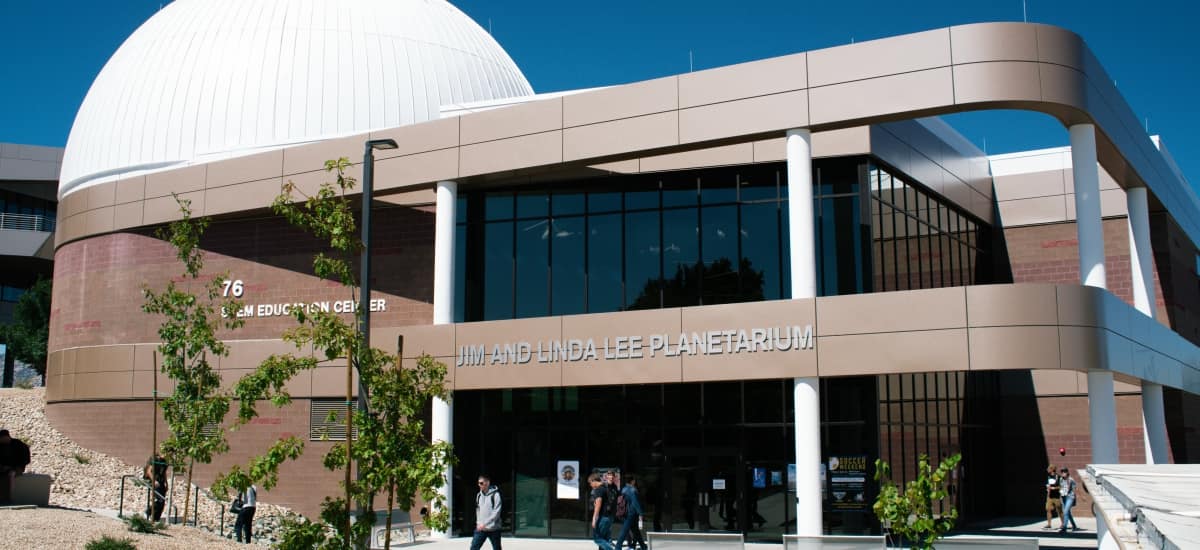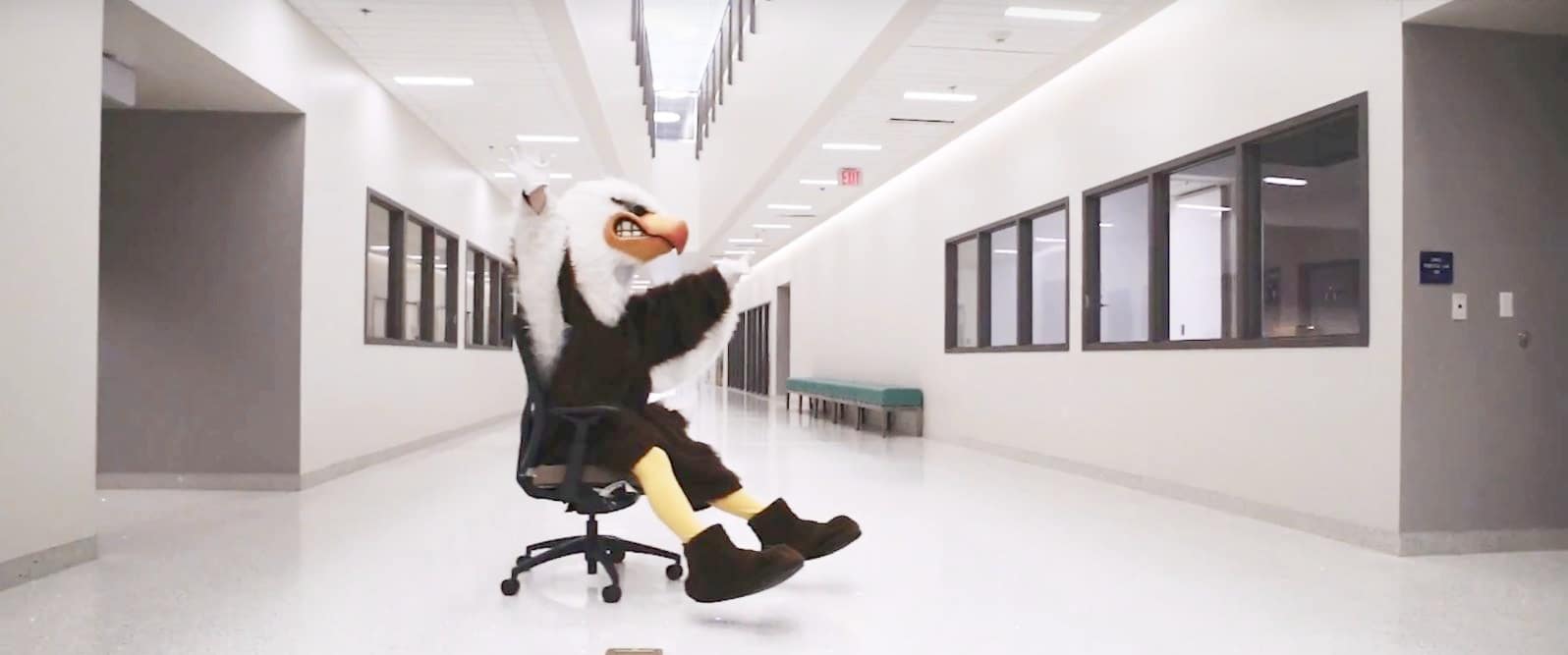
Embry-Riddle Aeronautical University has long been a world leader in aviation and aerospace education. As such, the university is committed to the academic disciplines of science, technology, engineering and mathematics – a STEM-based education. The Embry-Riddle faculty and students have worked with the community to share in this commitment to STEM-centered experiential and project-based learning.
In October 2017, Embry-Riddle’s Prescott Campus opened the STEM Education Center and the Jim and Linda Lee Planetarium; one of the intentions being to support existing outreach efforts by faculty and students, increase the scope and offerings of such efforts, and ultimately sustain a culture of STEM literacy and enthusiasm in the Quad Cities.
The Embry-Riddle STEM Education Center fills a vital need for promoting and enhancing STEM education at Embry-Riddle, for schools, youth organizations, and in the community at large.

STEM Center at a Glance
Our Laboratories
To help students achieve their greatest potential, the STEM Education Center required industry grade laboratories, workshops, and studios worthy of the brilliant scholars who would use them. Although the labs are in use by STEM students at Embry-Riddle, you can schedule a virtual experience to see our facilities first-hand.
A few of the most exciting laboratories in the STEM Education Center include:
The Jim and Linda Lee Planetarium features a state-of-the-art dome theater and powerful digital projection system that allows for presentations of NASA’s library of shared content and 3-D universe exhibitions. The planetarium and theater illuminates the universe to viewers with stunning clarity, and is prominently featured through media and educational outlets within the local area and beyond.
The Drs. Charles and Elizabeth Duva Robotics Lab supports multiple courses, labs, and studies in the ever-growing field of robotics engineering and programming. The lab features indoor and outdoor testing areas, and will enable the development of stationary, mobile, and aerial robotic systems.
Related Resources
Community Events
See our Community Events Calendar for upcoming events.
